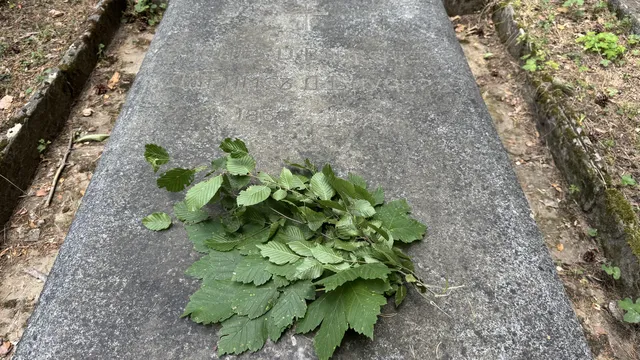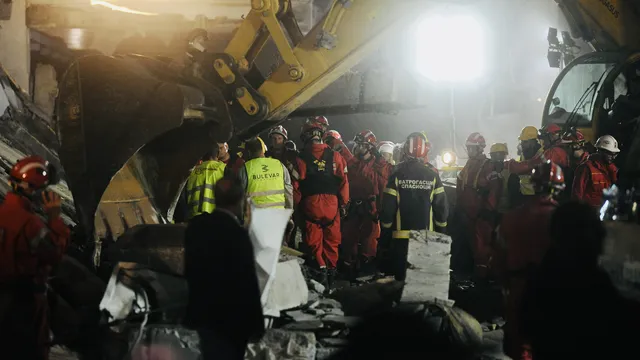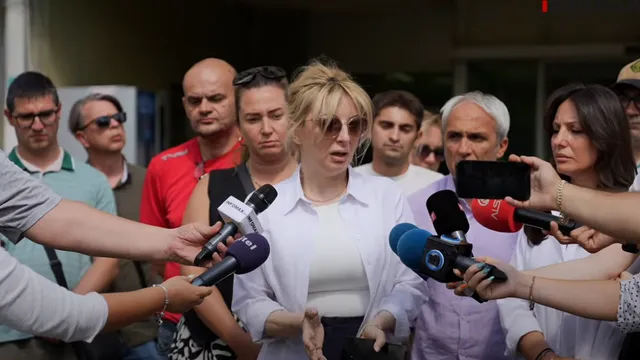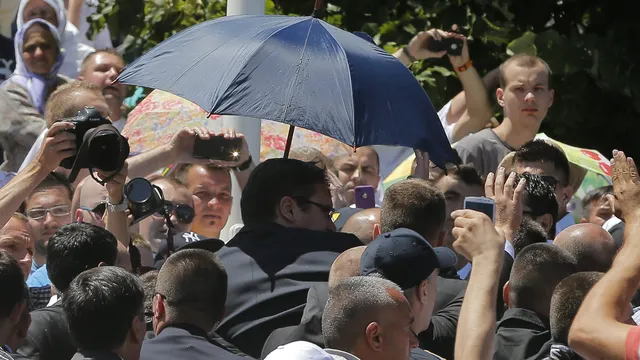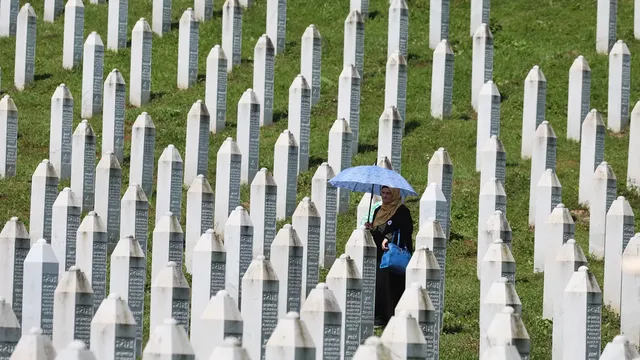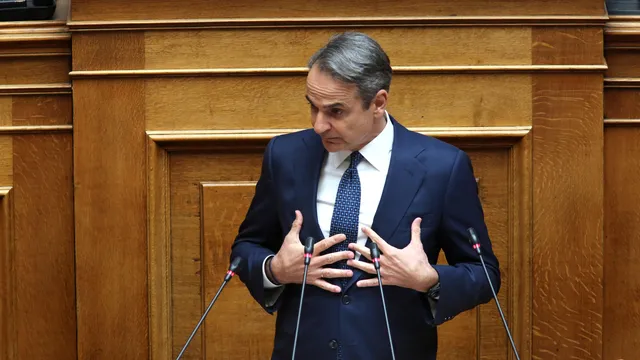The Irish journalist James Bourchier rests today near the Rila Monastery. Few people know where his grave is or are familiar with his life journey, so closely intertwined with Bulgaria.
“He was probably the most loyal and unwavering friend the Bulgarian people have ever had.” With these words, The Times—one of Britain’s most respected newspapers—honoured its long-time Balkan correspondent and passionate defender of the Bulgarian cause. Few foreigners have left such a lasting imprint on Bulgaria’s history and collective memory as this Irishman of exceptional destiny.
From Limerick to the Balkans
Born in December 1850 in County Limerick, Ireland, Bourchier received a solid education in the humanities—first at Trinity College Dublin and then at Cambridge. He initially pursued law and music, but a hearing condition led him to embrace the written word. While teaching at Eton, he caught the attention of The Times with his writings, earning him a pivotal assignment: to report on developments in Southeast Europe.
Sofia Becomes His Home
In 1892, Bourchier settled in Sofia—a deliberate choice, as Bulgaria at the time stood at the heart of the turbulent Balkan affairs. For him, it was a gateway to the epicentre of the region’s unrest. He remained in the Bulgarian capital until 1915, not only observing but actively analysing, interpreting, and most importantly—championing the Bulgarian national cause and the liberation of Macedonian Bulgarians before European audiences.
His affection for Bulgaria extended well beyond journalism. Bourchier immersed himself in local life—he wore traditional costumes, danced the rŭchenitsa, dined like the locals, and spoke the language. Ivan Mrkvička’s renowned painting Rŭchenitsa, in which Bourchier appears, remains a vivid symbol of his deep integration and love for the Bulgarian spirit.
Bulgaria’s Voice to the World
His reports are a unique blend of information and opinion, offering profound insight into Balkan realities. In them, Bourchier not only documented events but consistently stood for justice. He expressed admiration for the perseverance of the Bulgarian people after the Treaty of Berlin—their determination, tragic losses, and heroic pursuit of national unification. At the same time, he did not shy away from criticism when confronted with moral or political shortcomings, such as in the case of the assassination of Stefan Stambolov.
He was especially active in defending the Bulgarian cause in Macedonia. His articles often recounted battles, persecutions, and hardships, aiming to awaken the Western public to the stark realities of life in the region.
Legacy and Gratitude
After Bulgaria entered the First World War, Bourchier left the country, but he remained its staunch supporter until his death. He condemned the harsh clauses of the Treaty of Neuilly and continued to publish pieces calling for an objective perspective on the Balkans and the fate of the Bulgarian people.
He died in 1920, and as per his wishes, was laid to rest near the Rila Monastery—a sacred site he deeply revered. His grave remains a symbol of the nation’s gratitude. A peak in the Rila Mountains bears his name, and in Sofia, a commemorative plaque and a bust honour his memory. | BGNES

 Breaking news
Breaking news
 Europe
Europe
 Bulgaria
Bulgaria
